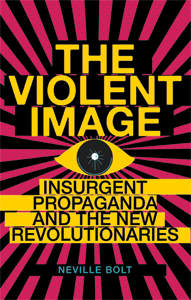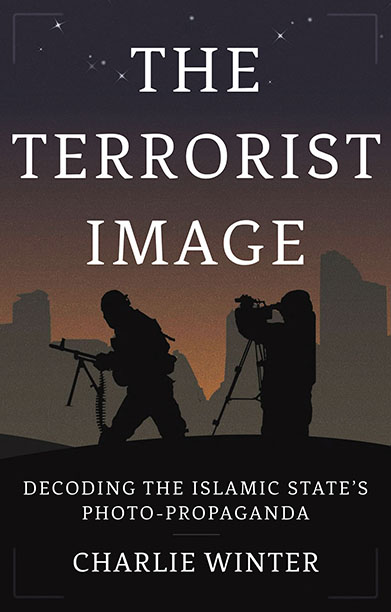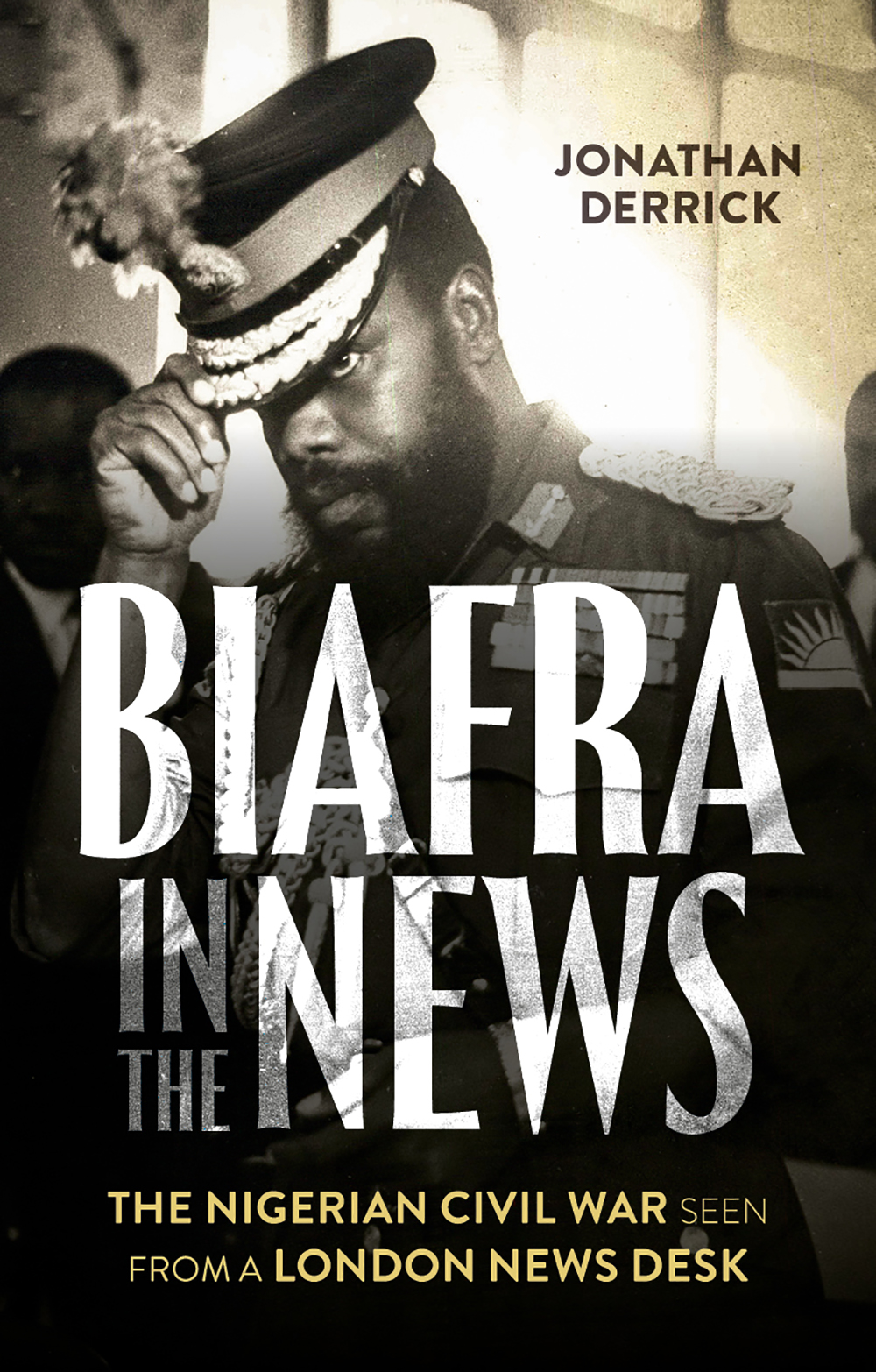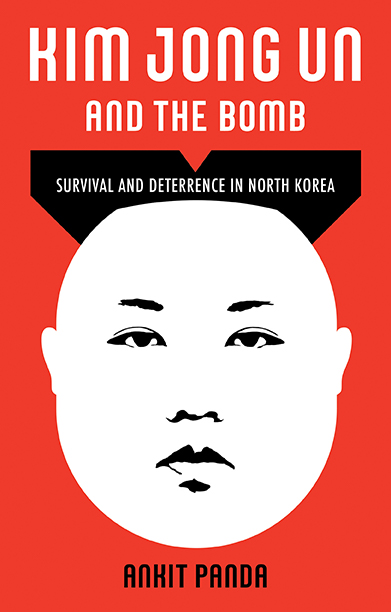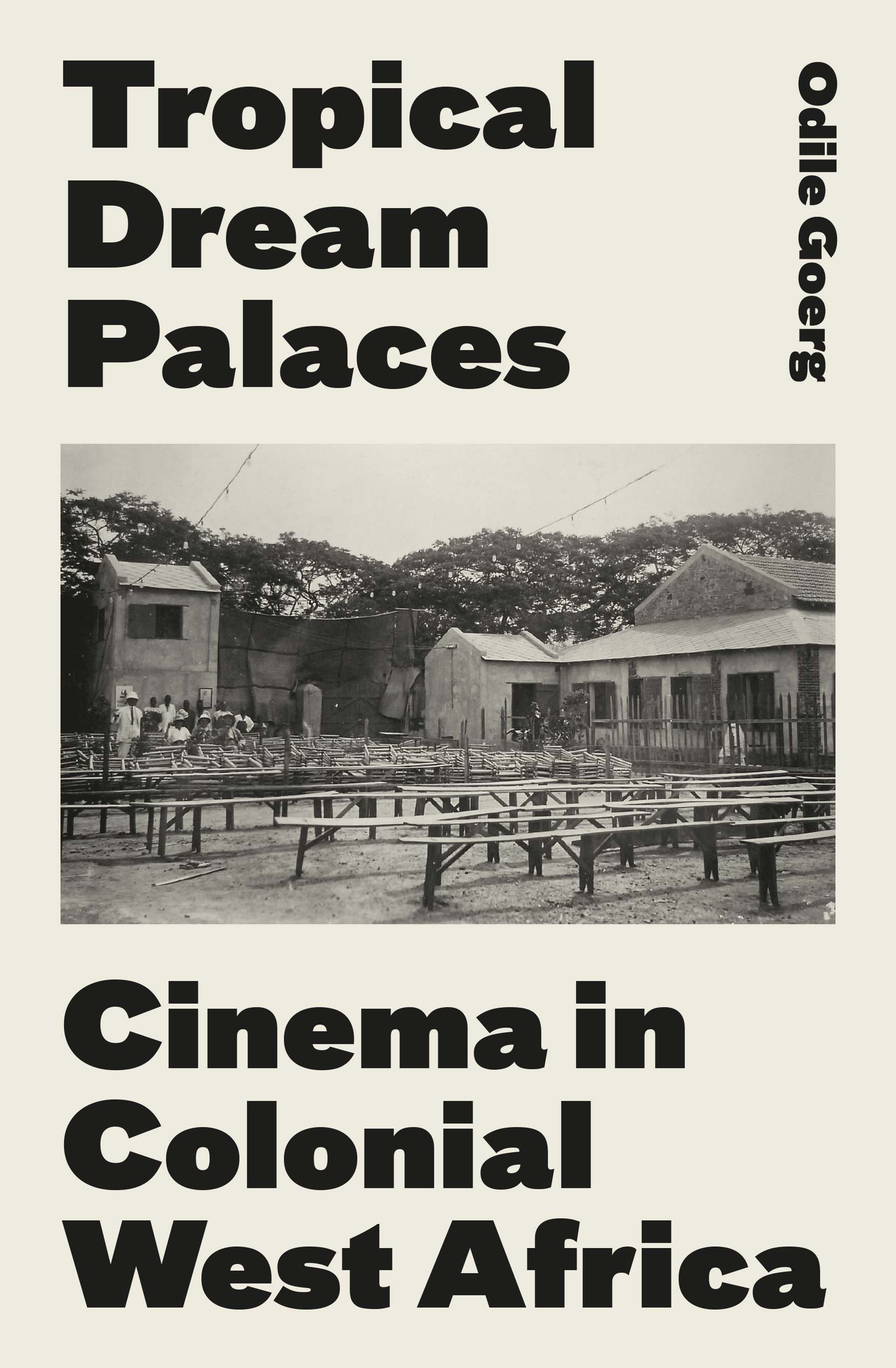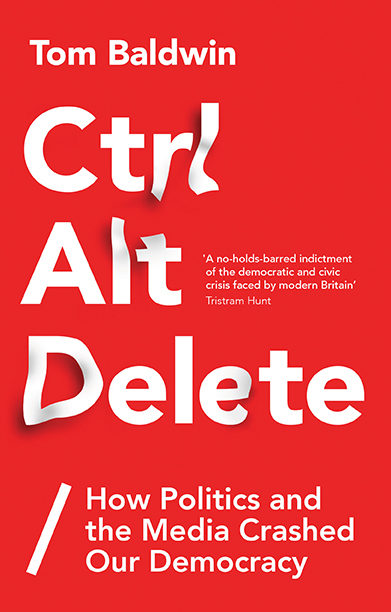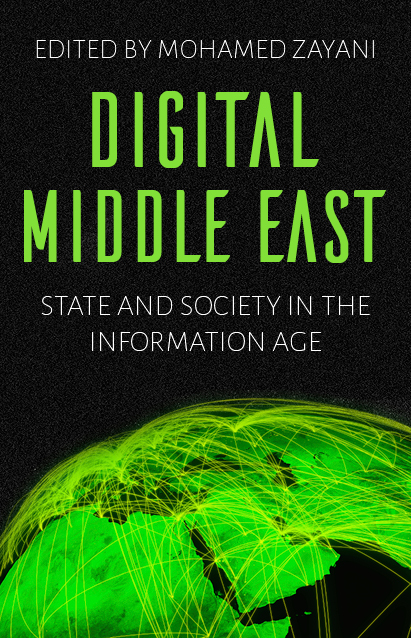The Violent Image
Insurgent Propaganda and the New Revolutionaries
CHOICE OUTSTANDING ACADEMIC TITLE 2013
Description
Fast-moving, self- propelled ‘violent images’ have radically changed the nature of insurgency in the modern world. The global media has revolutionised the way ideas, messages and images are disseminated, and the speed with which they travel. First satellite TV, then laptops and the Internet, and now mobile phones and social media have transformed the way we communicate, collapsing time and distance. Rebels who hope to overthrow states or to build transnational, ideological communities, have adopted these dynamic technologies. But they have also learned the key lesson: in a visual world, the power of the image has supplanted that of the written word.
Neville Bolt investigates how today’s revolutionaries have rejuvenated the nineteenth century ‘propaganda of the deed’ so that terrorism no longer simply goads states into overreacting, thereby losing legitimacy. The deed has become a tool to highlight the underlying grievances of communities. Pictures of 9/11, 7/7 and Abu Ghraib are today’s weapon of choice. The Violent Image explores what happens in the ‘moment of shock’; how emotive pictures attach to messages, causing populations to rise up in anger. From the Fenians to the Taliban to the Arab Spring we learn how insurgents have adapted the way they use violence to tell stories and effect social change. In the ‘war of ideas’, the new revolutionaries aim to set in motion surges of support that spread virally through global networks at such speed that states can no longer defend their own strategic narratives. Have we now reached the point where insurgents and populations are driving images and ideas so fast, that a new era of revolutionary politics is already upon us?
Reviews
‘A welcome contribution to the study of the communicative aims of insurgents, war studies, media studies, communication and advertising … The Violent Image is an interesting, informative text that will make readers question how they mediate and narrativise acts of terror in relation to the propaganda of the deed.’ — Times Higher Education
‘A lucid, deep, and highly informative analysis of the evolution of political violence. Highly recommended.’ — Choice
‘A serious attempt to understand how terrorist propaganda functions in the digital age.’ — The National
‘[Bolt’s] book merits high praise for its exceptional scholarship. [He] has rigorously examined a complicated, nuanced topic. His research is illuminating and thoughtful, and he offers fine insights. The Violent Image is an outstanding contribution to the literature on how parties use violence for political ends, and the strategic implications of such action.’ — Survival
‘Combining contemporary analyses of political violence, technology and communications/marketing, the book persuasively argues that the 19th-century ‘propaganda of the deed’ has taken a new and visceral turn as insurgent groups struggle with states over memory and meaning.’ — Anthropology Review Database
‘The Violent Image is an important book. It gives a powerful, thoughtful and insightful account into one of the defining features of our time; how the media and the image have become the central battleground for all insurgent campaigns.’ — Gavin Hewitt, BBC
‘Neville Bolt provides not only a compelling historical overview of terrorist and insurgent propaganda over the past century, but also a convincing analysis of present-day revolutions and the way that insurgents and terrorists interact with diasporas in a globalized digital world. The Violent Image is a must-read for all serious students of insurgency and revolution.’ – David Kilcullen, author of The Accidental Guerilla and Counterinsurgency
‘The Violent Image is an insightful and eminently readable examination of how terrorists and insurgents exploit new channels of communication to compete in the battle of perceptions with states. … This meticulously researched and compelling book will be indispensable to scholars and practitioners who are interested in how terrorists use the Internet and social media.’ — Marc Genest Professor of Public Diplomacy and Co-Director of the Center on Irregular Warfare and Armed Groups at the U.S. Naval War College
‘Elegantly written and a pleasure to read, it invites the reader on a fairly wild ride, from the Fenians to the Taliban, from print media to social media and back. Bolt’s work makes a big argument in a small package, densely researched yet readable. Most important, he says something new in a field that desperately needs it.’ — David J. Betz, Senior Lecturer, Department of War Studies, King’s College London
‘This is a highly original work which places communication and imagery at the heart of modern conflicts. I know of no other similar work which traces the integration of imagery and its production within the strategic framework of insurgency; no other book has mapped so completely the way images contribute to narratives, their essentiality to the insurgent’s cause and how well insurgents have come to understand and exploit this’. – Professor Nicholas O’Shaughnessy, Communications, Queen Mary London
‘The Violent Image is a tour de force on the utility of violence for insurgent propoganda. Bolt lays out a coherent and engaging explanation of how and why insurgents and terrorists use violence towards political objectives. … Any student of modern warfare, insurgency, and terrorism would do themselves well by reading and keeping The Violent Image handy and I congratulate Dr Bolt for creating this significant work.’ – Jason Fritz, Ink Spots
Author(s)
Neville Bolt, PhD, holds degrees from the University of Oxford and King’s College, London. He has worked as a producer-director with the BBC , ITV, Channel 4 and CBC Canada, specialising in making investigative documentaries in conflict zones ranging from Central America to Africa, the Middle East, and the Indian subcontinent. He has also worked in political communications, creating strategic TV campaigns for the UK’s Labour Party, Amnesty International, the Anti-Apartheid Movement and African National Congress (ANC). He is a Teaching Fellow and Research Associate in the Department of War Studies at King’s College, University of London.
